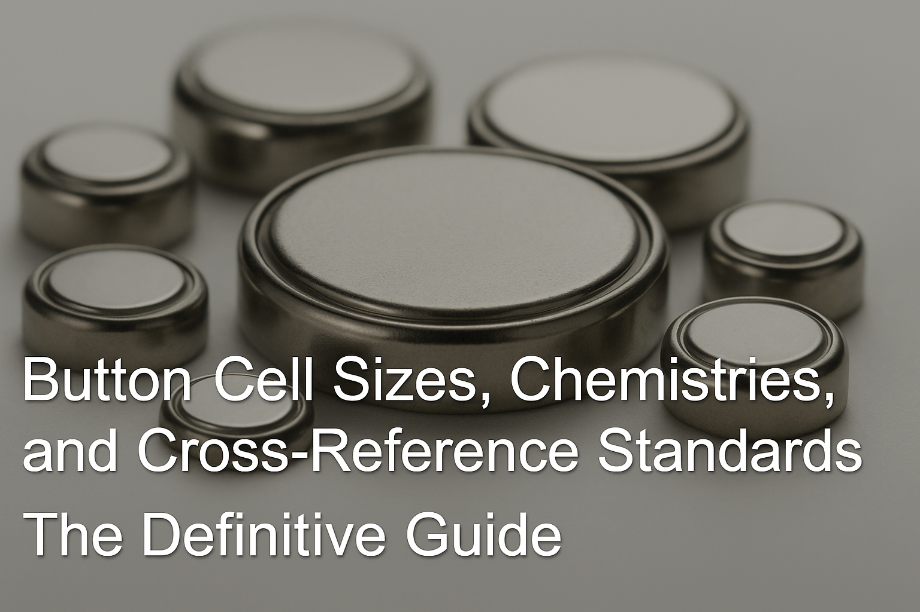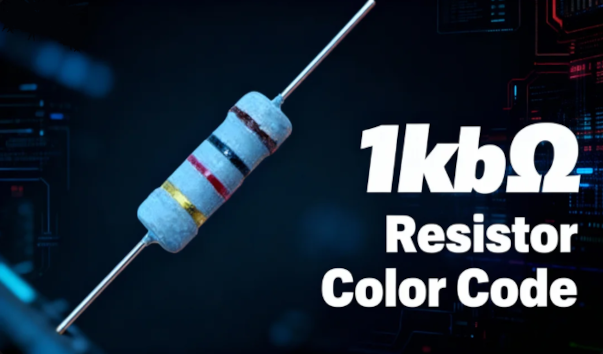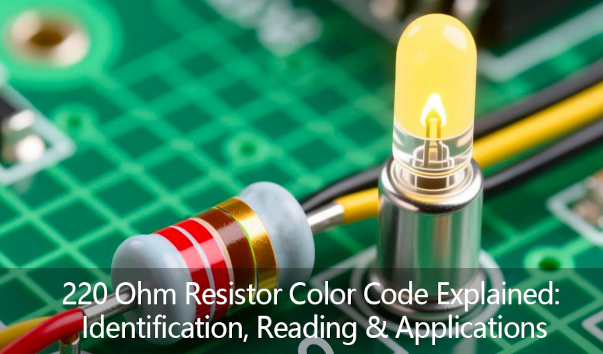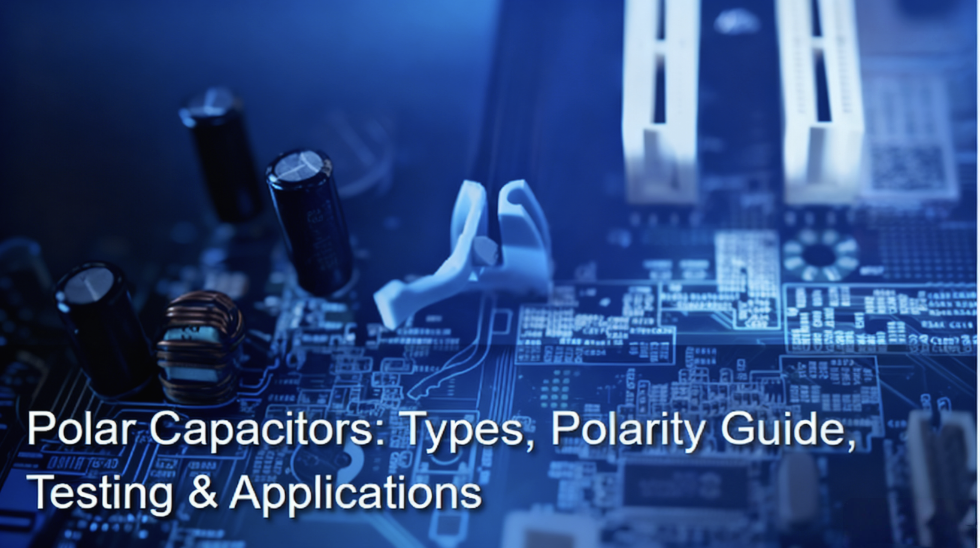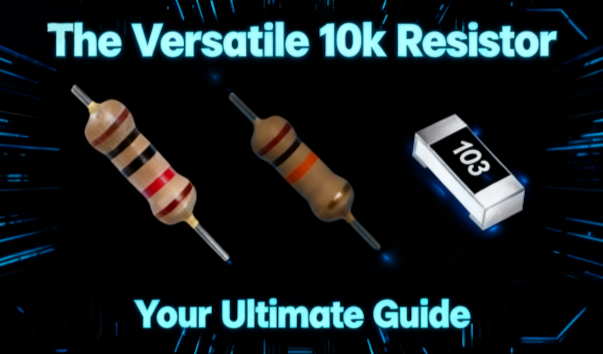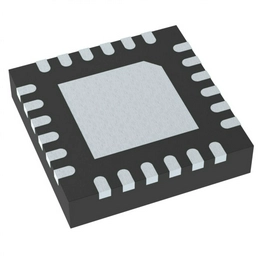Choosing the Right Power Module for Your Project: AC-DC, DC-DC, and POE
Power modules are indispensable components in modern electronic systems, ensuring devices operate efficiently and reliably. This article explores different types of power modules—AC-DC, DC-DC, and POE modules—their key features, applications, and considerations for choosing the right one for your needs.
1. Introduction to Power Modules
Definition and Purpose:Power modules are devices that convert electrical power from one form to another, managing and regulating power to ensure that electronic devices receive the correct voltage and current. They play a critical role in powering and protecting electronic circuits.
Importance in Electronics:In the realm of electronics, the performance and reliability of devices hinge on the quality of their power supply. Power modules not only enhance energy efficiency but also protect against electrical faults, thus extending the lifespan of electronic devices.
2. Types of Power Modules
AC-DC Modules:AC-DC modules convert alternating current (AC) from the mains power supply into direct current (DC), which is necessary for most electronic devices. These modules are fundamental in transforming high-voltage AC power into usable low-voltage DC power.
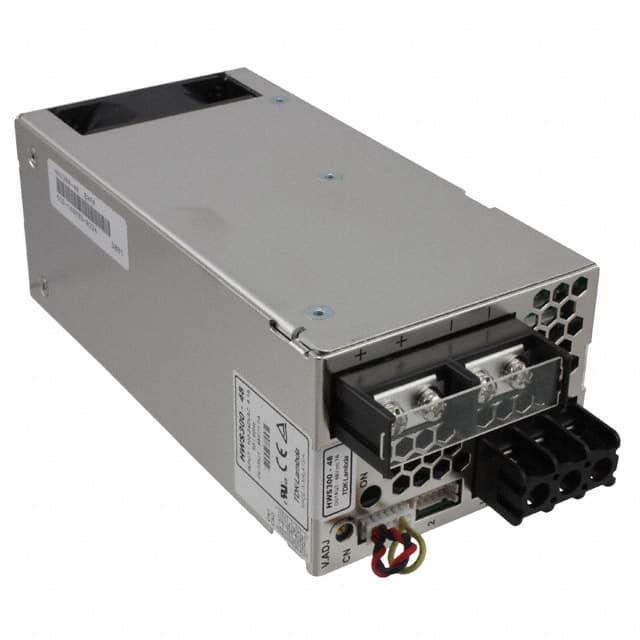
Working Principle: AC-DC converters typically include a rectifier that converts AC to DC, followed by a filter to smooth out the rectified signal, and finally, a regulator to provide a stable DC output.
DC-DC Modules:DC-DC modules convert a source of direct current (DC) from one voltage level to another. These converters are vital in systems where different parts require different operating voltages.
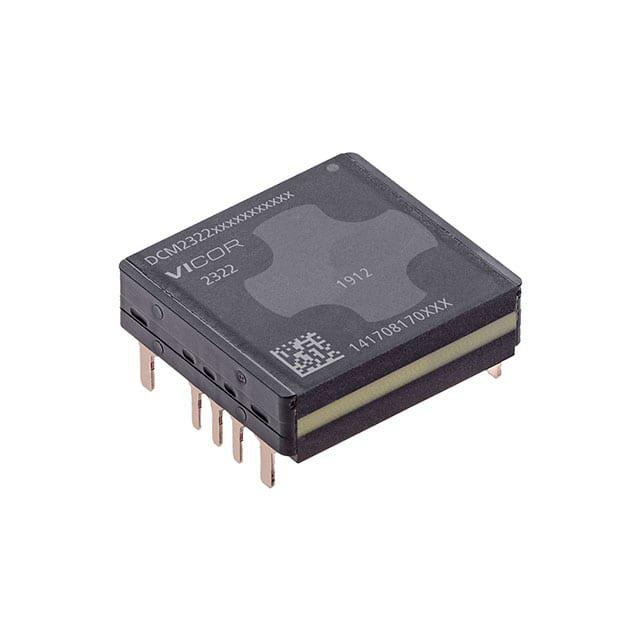
Types: The main types of DC-DC converters include buck (step-down), boost (step-up), buck-boost (combination of step-up and step-down), and isolated converters.
POE Modules:Power over Ethernet (POE) modules deliver both power and data over standard Ethernet cables. This technology simplifies the installation of networked devices by eliminating the need for separate power supplies.
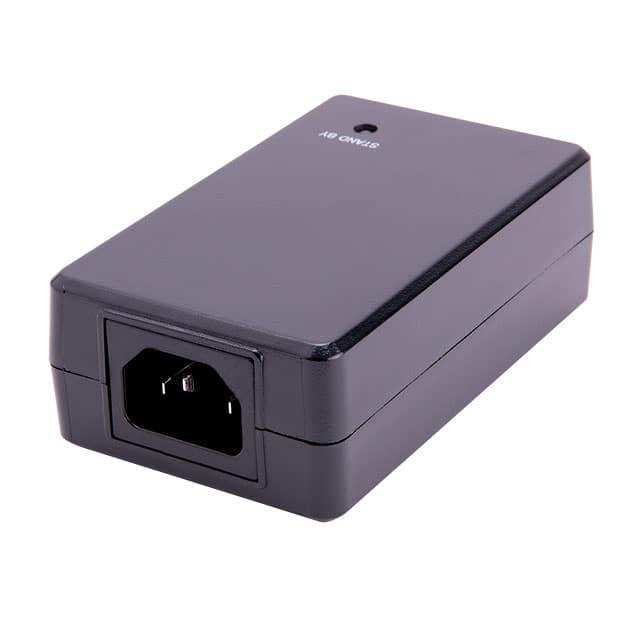
Working Principle: POE injectors add power to Ethernet cables, which is then extracted by POE-enabled devices, combining data transmission and power delivery.
3. Key Features and Benefits
Efficiency:High-efficiency power modules reduce energy losses, heat generation, and operational costs. For example, modern AC-DC converters achieve efficiencies above 90%, significantly reducing waste heat.
AC-DC Modules: High efficiency is achieved through advanced rectification and regulation techniques, minimizing energy loss.
DC-DC Modules: Features like synchronous rectification and high-frequency switching enhance efficiency, crucial for battery-operated devices.
POE Modules: Efficient power delivery over Ethernet cables reduces the need for additional wiring and minimizes power wastage.
Size and Integration:The compact size and high integration level of power modules save space and simplify circuit design. This is particularly important in portable and space-constrained applications.
AC-DC Modules: Modern designs integrate multiple functions (rectification, filtering, regulation) into a single compact unit.
DC-DC Modules: Miniaturization allows these modules to be integrated directly onto PCBs, saving space in tightly packed electronic devices.
POE Modules: Combining power and data transmission reduces the need for additional infrastructure, saving space and simplifying network setups.Reliability and Safety:Power modules are designed with features to ensure reliable and safe operation, including overcurrent protection, thermal shutdown, and short-circuit protection.
AC-DC Modules: Include surge protection and EMI filtering to prevent damage from power surges and electrical noise.
DC-DC Modules: Feature protections like input undervoltage lockout and output overvoltage protection to ensure stable operation.
POE Modules: Incorporate mechanisms to safely deliver power without damaging network devices, ensuring consistent and safe performance.
4. Applications of Power Modules
AC-DC Modules:AC-DC modules are essential in converting mains power to a usable DC form for electronic devices.
Household Appliances: Powering devices like microwaves, TVs, and chargers, providing stable DC power for reliable operation.
Industrial Equipment: Used in machinery controllers and automation systems, ensuring precise power regulation for sensitive equipment.
Office Equipment: Found in printers, copiers, and computers, these modules ensure smooth operation and protect against power surges.
DC-DC Modules:DC-DC converters are crucial in applications where different voltage levels are needed from a single power source.
Mobile Devices: Providing different voltages for various components in smartphones and tablets, enhancing battery life and performance.
Automotive Electronics: Used in electric and hybrid vehicles to manage power between the battery and other electronic systems.Renewable Energy Systems: Converting and managing power in solar inverters and wind turbines, optimizing energy storage and usage.
POE Modules:POE technology is widely used in networked environments, simplifying the deployment of power and data infrastructure.
IP Cameras: Enabling easy installation and flexible placement without the need for separate power sources.
VoIP Phones: Providing power and network connectivity over a single cable, simplifying office communication setups.
Wireless Access Points: Allowing flexible deployment of Wi-Fi access points in locations without easy access to power outlets.
5. Choosing the Right Power Module
Key Specifications:When selecting a power module, consider critical specifications to ensure it meets your needs.Input and Output Voltage Range: Ensure the module supports the required voltage levels for your application.
Power Rating: Choose a module that can handle the maximum power your system will require.
Efficiency: Higher efficiency modules reduce energy waste and heat generation, important for performance and reliability.
Compatibility:Ensure that the power module is compatible with your circuit design and other components.
Electrical Characteristics: Check parameters like voltage, current, and power ratings to ensure they match your requirements.
Physical Dimensions: Verify that the module fits within the physical constraints of your design.
Thermal Management: Ensure the module's cooling requirements are compatible with your system's thermal design.
Quality and Brand:When selecting power modules for your electronic projects, it's crucial to choose products from reputable brands known for their quality, reliability, and performance. Here are detailed descriptions of three trusted brands: Murata, and TEXAS INSTRUMENTS.
MurataMurata Manufacturing Co., Ltd. is a global leader in the design and manufacture of advanced electronic components, including power modules. Established in 1944, Murata has a long history of innovation and excellence in the electronics industry.Product Range:Murata offers an extensive portfolio of power solutions, including:DC-DC Converters: Known for their compact size and high efficiency, Murata's DC-DC converters are ideal for space-constrained applications.AC-DC Converters: These converters provide reliable power conversion for a wide range of industrial and consumer electronics.Power Inductors and Transformers: Essential components for power conversion and regulation, designed to work seamlessly with Murata's power modules.
Texas InstrumentsTexas Instruments (TI) is a renowned semiconductor company with a strong presence in the power management market. Founded in 1930, TI has been at the forefront of innovation in electronics, providing high-quality components for a wide range of applications.Product Range:Texas Instruments offers a comprehensive selection of power management solutions, including:DC-DC Converters: TI's portfolio includes buck, boost, buck-boost, and multi-phase converters, known for their high efficiency and precision.AC-DC Controllers: These controllers enable efficient power conversion and regulation in a variety of applications.Battery Management Solutions: TI provides advanced battery management ics for portable and wearable electronics, ensuring safe and efficient battery usage.Choosing power modules from trusted brands like Murata and Texas Instruments ensures that your electronic projects benefit from high-quality, reliable, and efficient power solutions. These brands have established themselves as leaders in the industry through their commitment to innovation, performance, and customer support. Whether you need AC-DC converters, DC-DC converters, or specialized power management solutions, these brands offer a wide range of products to meet your specific needs.Supplier Reputation: unikeyic Electronics is a reliable supplier offering a wide range of high-quality power modules from reputable brands, ensuring you get reliable and efficient products.
6. Installation and Maintenance
Proper Installation Techniques:Follow best practices for installing power modules to ensure optimal performance and longevity.
Heat Dissipation: Ensure adequate ventilation or use heatsinks to manage heat.
Secure Mounting: Mount modules securely to prevent mechanical stress and vibration.
Correct Wiring: Follow the manufacturer’s wiring guidelines to avoid electrical issues.
Common Mistakes to Avoid:Avoid common pitfalls in power module installation and usage.
Incorrect Polarity: Ensure correct polarity connections to prevent damage.
Overloading: Avoid exceeding the module's power rating to prevent overheating and failure.
Inadequate Cooling: Ensure proper cooling to avoid thermal shutdowns and damage.
Maintenance Tips:Regular maintenance ensures the long-term reliability of power modules.
Inspect Regularly: Check for signs of wear, overheating, or physical damage.
Clean Dust: Keep modules free from dust and debris to ensure proper cooling.Replace Aging Components: Replace components nearing the end of their lifespan to prevent failures.
Conclusion
Understanding the different types of power modules—AC-DC, DC-DC, and POE modules—helps in selecting the right components for your electronic projects. These modules are vital for efficient power conversion and management, enhancing the performance and reliability of your devices. By considering key features, applications, and proper installation practices, you can ensure that your power modules operate effectively and safely. For high-quality power modules, consider trusted brands and suppliers like Unikeyic Electronics to achieve the best results in your electronic designs.


